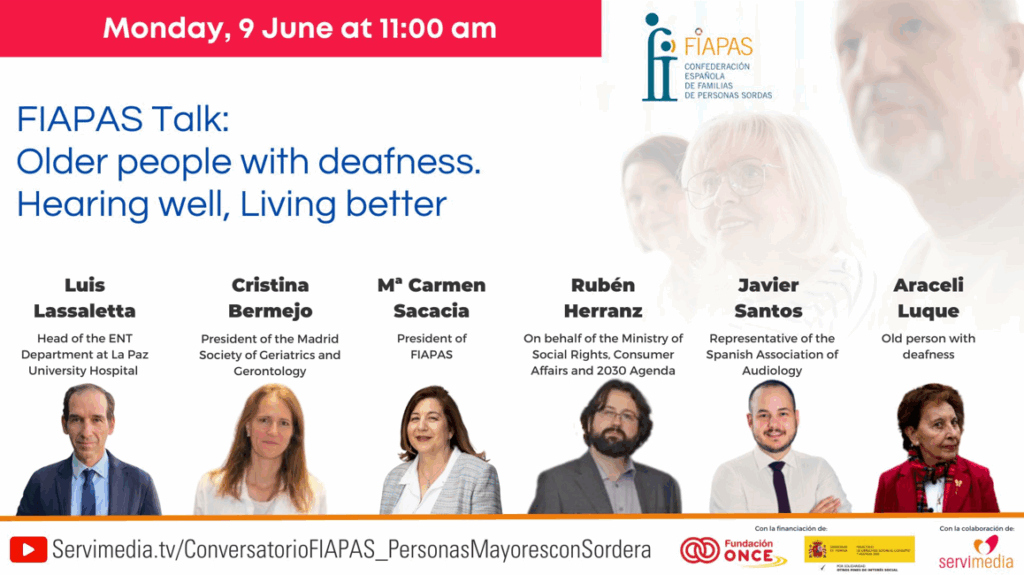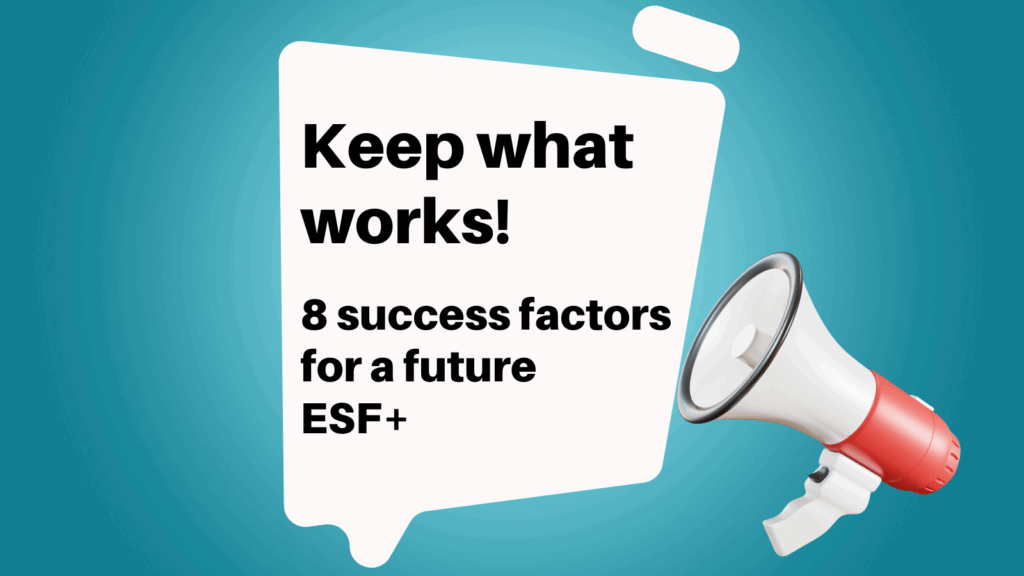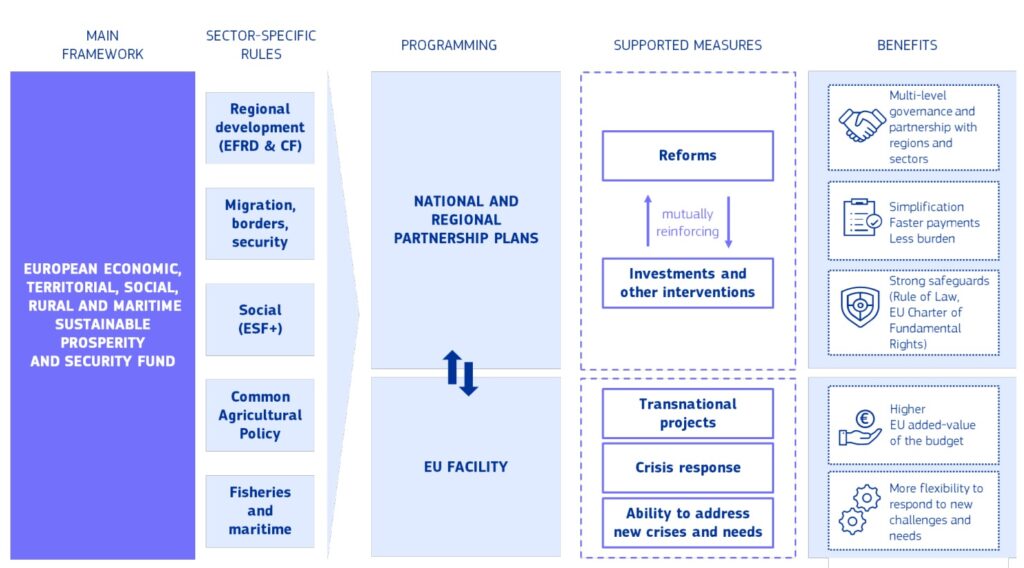The European Commission published a report that looks at how being immersed in poverty and social exclusion for a long time may affect how people consider themselves and their future, and how they act in relation to it. Understanding it is important for those who plan and implement social policies addressing poverty because it could increase the effectiveness of their work. Tackling poverty requires improving economic conditions and ensuring real, actual access to quality education, employment, housing, and health services. This is essential to break the cycle of poverty. Whereas these issues are already covered by abundant literature and work at the EU level, this report focuses on a less studied obstacle – that is, how poverty and exclusion affect behaviour, aspirations, hope, and agency, which can all be essential drivers to social mobility. Evidence suggests that the experience of poverty itself seems to contribute to the transmission of poverty to the next generation. Social assistance measures in support of people in poverty usually consist of “safety net” measures allowing people to recover their strengths and “pull the pieces together”. They are in most cases conceived as temporary. The expectation is that, sooner or later, people should be able to reach economic autonomy. This report explains why this can be difficult for people who have been immersed in an environment of poverty and social exclusion for a long time. The impact of such conditions on their aspirations, self-confidence and decision-making may be a less visible but significant obstacle. Understanding such obstacles, and how to address it, may be crucial for policies to work. The report gathers and summarizes findings from behavioural studies, neuroscience, sociological and economic studies. Bringing together these diverse sources and scientific evidence can help to better understand this complex issue, and to identify countermeasures that may effectively address the problem.
Read the full report here.
Photo: ©Getty Images Signature via Canva.com





